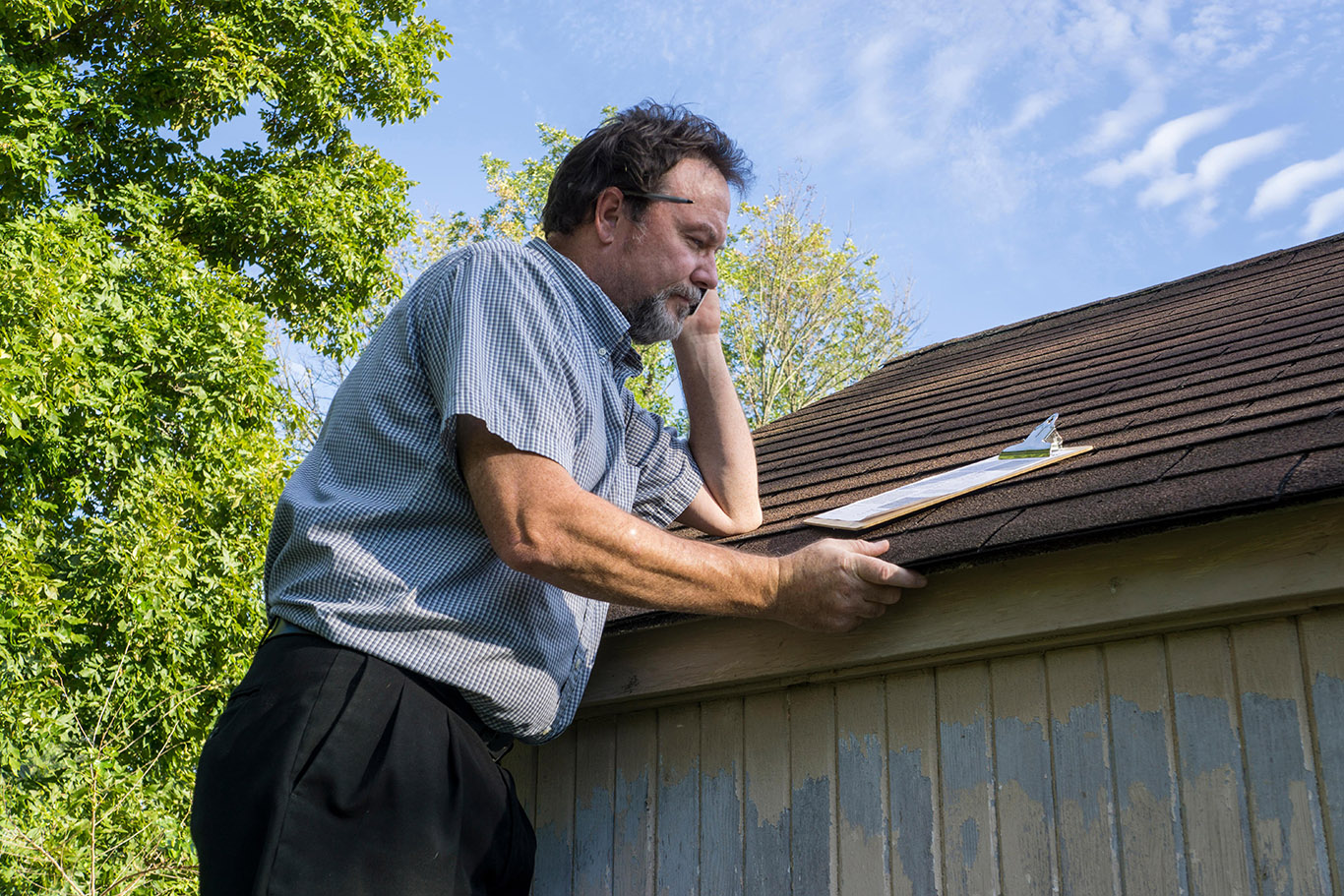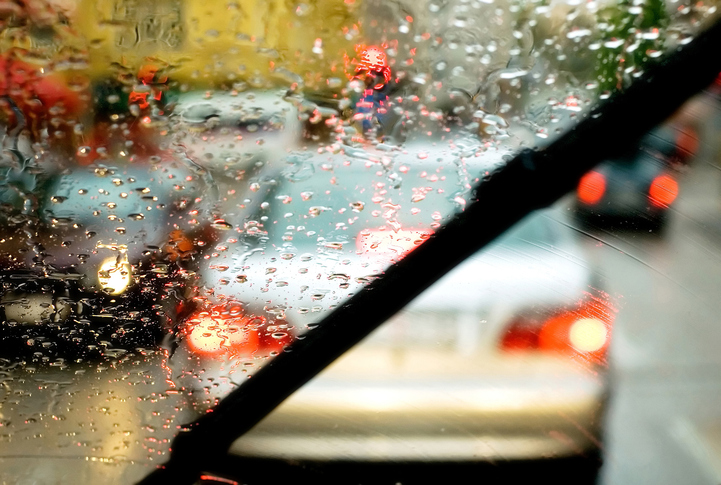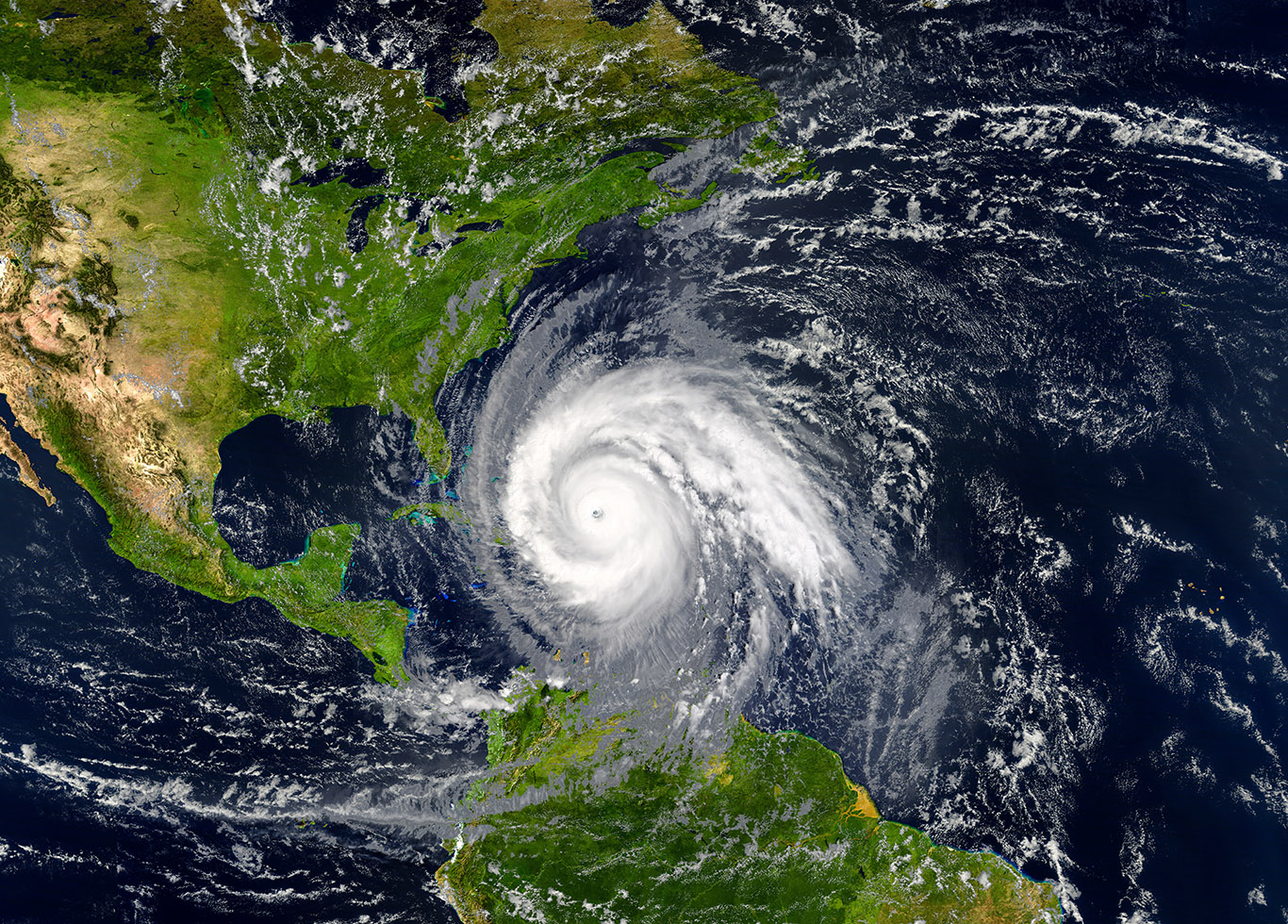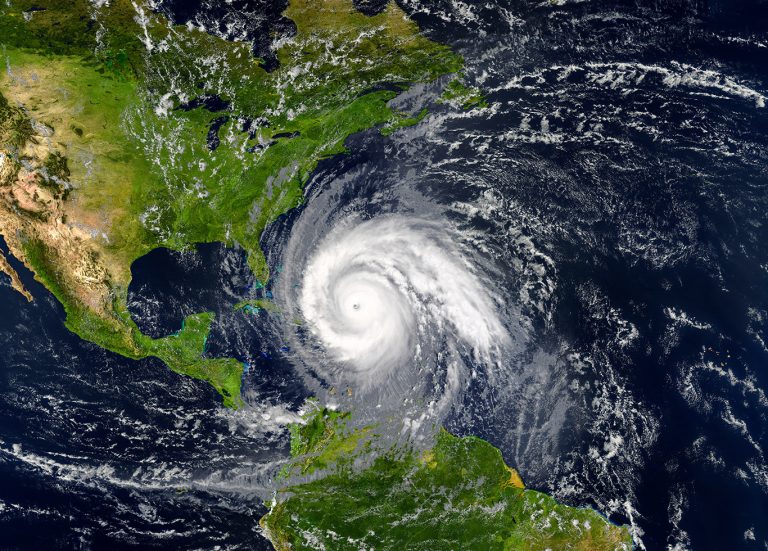- WE’RE HERE TO HELP 24/7
- 800.586.5555
Why Do Hurricanes Strike Florida and Nearby Southeastern States and Not the West Coast?

Unethical Tricks Insurance Adjusters Use
November 19, 2022
Verdicts & Settlements: $500,000 Policy Limits Paid in Commercial Vehicle Head-on Crash
November 28, 2022Why Do Hurricanes Strike Florida and Nearby Southeastern States and Not the West Coast?

If you live in Florida or another hurricane-prone state, you may be wondering why so many hurricanes strike the United States’ East Coast and Gulf Coast but never form over the coast of California or the Pacific Northwest.
Coast and Gulf Coast but never form over the coast of California or the Pacific Northwest.
The answer consists of two reasons:
- The temperature of ocean waters
- Wind direction
A hurricane can only form in warm ocean waters where the temperature is at least 79 degrees Fahrenheit. During hurricane season, the waters in the North Atlantic Ocean are frequently above this threshold, making the formation of hurricanes a likely occurrence. On the other hand, the Pacific Ocean is generally much cooler. Even on a hot summer day, the Pacific waters along Southern California rarely exceed 70 degrees Fahrenheit.
Winds in both oceans tend to travel west. This means winds in the Atlantic Ocean will pull hurricanes toward the United States, while Pacific winds will push hurricanes away from the United States and toward Asia.
How Do Hurricanes Form?
Hurricanes are giant storms that form over warm ocean waters. A hurricane typically starts with the warm water found near the Equator, typically in tropical regions where the water is over 80 degrees Fahrenheit.
These warm ocean waters evaporate, creating warm and moist air which acts as fuel for the hurricane. Wind is also necessary for a hurricane to form. Many hurricanes on the East Coast are fueled by strong winds blowing across the Atlantic Ocean from Africa. These winds cause even more warm water to evaporate into the air. The warm air rises into the atmosphere where it begins to cool and form big storm clouds. As the warm air continues to rise, the winds begin blowing in a circular pattern around a center.
The spiraling winds gather a cluster of gigantic thunderstorm clouds. Once these spinning winds reach 74 mph, a storm officially becomes a hurricane. The Saffir-Simpson Hurricane Wind Scale ranges from Category 1 to Category 5 based on the hurricane’s sustained wind speed and potential for property damage.
Why Does Florida Have So Many Hurricanes?
Florida is the hurricane capital of the United States. Since 1850, every Florida coastal region has been impacted by at least one hurricane and 120 out of the 292 hurricanes that have hit the U.S. have made landfall in the Sunshine State.
What makes Florida so susceptible to hurricanes? There are several reasons why Florida experiences more hurricanes than other states:
- Location: Florida is surrounded by the warm waters of the Atlantic Ocean and Gulf of Mexico, making it especially prone to tropical storms and hurricanes.
- The shape of the state: Florida is rather narrow, long and exposed, which means hurricanes from both the Atlantic Ocean and the Gulf of Mexico can wreak havoc not only along the coastline but also inland.
- Weather: Florida’s subtropical climate creates an abundance of warm, moist air that is fuel for hurricanes.
How to Prepare for a Hurricane in Florida
Although you cannot control when disaster strikes, you can put together a plan that will help keep you and your family safe if your area is struck by a hurricane. Your plan should include things like evacuation routes, shelter (including shelter for you pets), tools or devices to access weather updates and ways to contact one another in case someone gets separated.
Other things to prepare include:
- An emergency safety kit containing provisions tailored to your family’s needs
- Copies of important documents, including your home insurance policy
Has Your Florida Home Suffered Damage from a Hurricane?
If a hurricane caused severe damage to your home or business, you’re likely expecting a prompt and fair response from your insurance company. However, insurance companies will be slammed with thousands of property damage claims in the aftermath of a natural disaster. In addition to being overwhelmed by the sheer volume of claims, they’ll also be nervous about the massive amount of money they are losing. The last thing they want to do is pay your claim.
Our experienced hurricane damage attorneys at Kanner & Pintaluga are here to help you receive the settlement you’re owed quickly so you can restore your home and move forward with your life.
To learn more, call 800.586.5555.
